jewish burial customs timing
Jewish burial timing encourages families to complete the burial as soon as possible. The resurrection will occur after the.
He must be buried in a traditional grave in the ground so that the body may return to the earth.
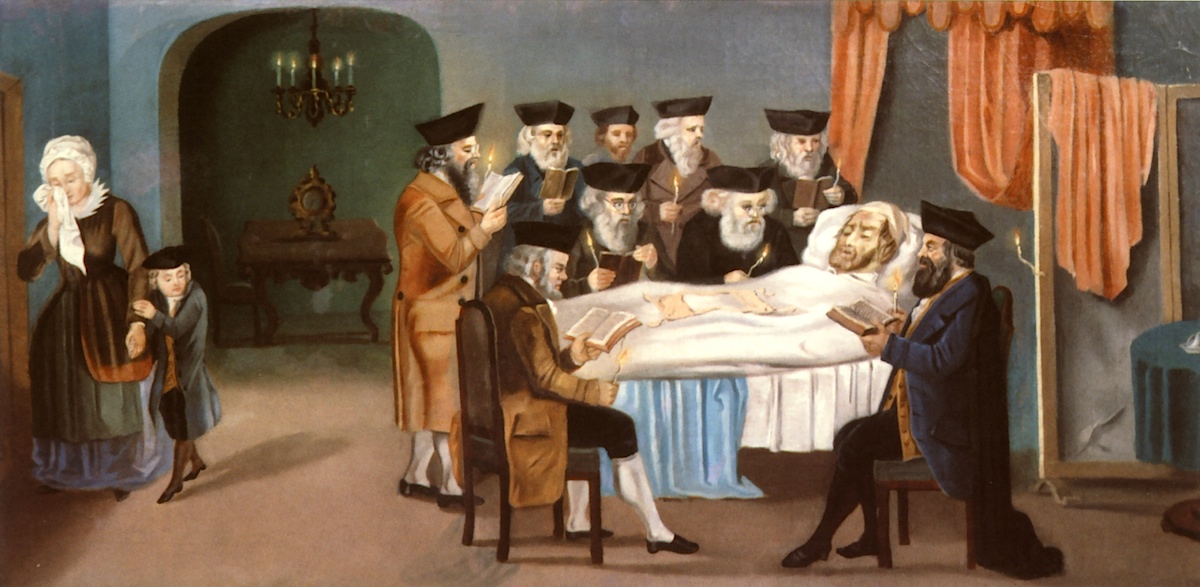
. According to Jewish tradition and customs. Instead its customary for Jewish mourners to place stones on a grave. When the funeral service is finished the mourners should follow the hearse to the.
Kevura or burial should take place as soon as possible after deathThe Torah requires burial as soon as possible even for executed criminals. Here are a few common Jewish burial customs and Jewish death rituals. The human body is considered as sacred in death as it was in life as it contained a Gdly soul.
Moment Senior Editor Francie Weinman Schwartz coauthor of The Jewish Moral Virtues with Eugene B. Some customs are dictated by tradition. Prayers including the Mourners Kaddish are.
Usually men are asked to wear a skullcap and women a head covering. Once the casket is closed it is not to be opened again unless the deceased was not previously identified and now requires identification. Tradition holds that stones will weigh the deceaseds soul down so that it does not try to return among the living and preventing.
After a Jewish funeral takes place the immediate family ie spouse parents children and siblings are considered the mourners. Great Neck Jewish Funeral Services. Write your caption here.
The family remains at home in a shiva house. Compassionate Care to Great Necks Jewish Community In their Time of Need. Here are some Jewish burial customs you need to keep in mind when attending a Jewish funeral.
We are here to assist you 247. Acts 936-41 Neighbors and others could come to express their grief and console the family. Burial is delayed for the honor of the deceased usually to allow more time for far-flung family to come to the funeral and participate in the other post-burial rituals but also to hire professionals or to bury the deceased in a cemetery of their.
San Diego CA 92115. It established this requirement by both a positive and a negative command. Orthodox Jews believe that a persons body will be resurrected and that there is a physical life after death.
Ideally the placement of the casket in the ground should happen within 24 hours after death. Black or dark colors are appropriate as are respectful clothes such as suits dresses or business attire. A wake ie visiting the funeral home on the night before the burial to comfort the mourners and to view the remains is not a Jewish custom.
Typically it takes place in a synagogue funeral home or graveside. Thus the importance of cemeteries. According to the Jewish Encyclopedia this custom stems from the Mosaic Law which ordered that any person hung from a tree or cross as a form of execution should be taken down and buried within a day after death.
Timing of the Jewish Funeral Service. This is the underpinning of all of the rituals and customs that make up a Jewish funeral. Shiva means seven and is a seven-day mourning period that is observed.
According to the Torah a Jewish funeral should occur within 24 hours of the death as a sign of respect for the deceased. Burial in vaults above-ground mausoleums. According to Jewish law a Jew is to be buried as he was born - complete with all his limbs and organs.
Mourners can expect a Jewish funeral service to start with a eulogy read by the rabbi leading to various prayers psalms and hymns. Star of David Jewish symbol on an old Hebrew grave in Milan Italy. However there are exceptions to this timeframe.
Orthodox Judaism requires strict adherence to sacred funeral and burial practice. Over thousands of years specific practices have evolvedhere are some of the most important ones. John 1939 40.
1 Time of Burial. Write your caption here. Positively it stated Thou shalt surely bury him the same day Negatively it warned His body shall not remain all night.
This concise guide is for those who are interested in a logically organized condensed but not oversimplified information about proper Jewish funeral and burial. You may notice that immediate family members wear a black button-looking pin with a ribbon hanging from it. Men should dress simple in a tie and suit sometimes a Kippah Skullcap Yarmulke will be given out to attendees and you should dress it.
Family and friends washed the body of the deceased rubbed it with spices and fine oil and wrapped it in cloths. When the death of a loved one occurs please contact Sinai Chapels at 7184450300. Throughout the ages the Jewish people have developed customs rituals and observances to guide us and provide comfort when a loved one dies.
Jewish funeral etiquette varies. This concept extends both to the deceased and the mourners. The burial can take place on any day other than holidays and the Sabbath.
By ultra-orthodox Jewish funerals women should cover their hair with a hat or. 6316 El Cajon Blvd. The immediate family begins sitting shiva.
In many Jewish funeral customs there will be a few eulogies. The dead must be separated by a distance from places of human habitation and confined to areas for them alone. Women should wear a dress.
A Jewish memorial service is a funeral for a Jewish person that follows specific religious practices. Embalming and Viewing the Remains. Each community has their own customs in regard to funeral practices.
As a general rule you wont see flowers placed on plots in a Jewish cemetery or as part of a Jewish funeral or graveside service. A Jewish funeral can take place at a synagogue a funeral home or a gravesite and will usually last between 15 to 60 minutes. The Bible in its mature wisdom required burial to take place as soon as possible following death.
Orthodox Judaism Funeral Service Rituals. Jewish tradition teaches that human beings are created in the image of God Genesis 126. Bible accounts of funerary arrangements reveal that the Jews took great care in preparing the corpse for interment.
Borowitz has prepared this compendium to help you make decisions in advance and know what to do when. A fundamental principle of Jewish belief the impurity of the dead underpins many of the customs related to death and burial defined in halakhic law for example Numbers 19. Far from being superficial though it will trace the reasons for various Jewish burial and mourning traditions back to the biblical and.
The Hebrews buried their dead immediately no later than a day after the person passed away. Jewish law and tradition take a distinctly unique approach to death funerals and burials based in significant part on the Torah which encourages members of the Jewish faith to embrace life while accepting the reality and inevitability of death.
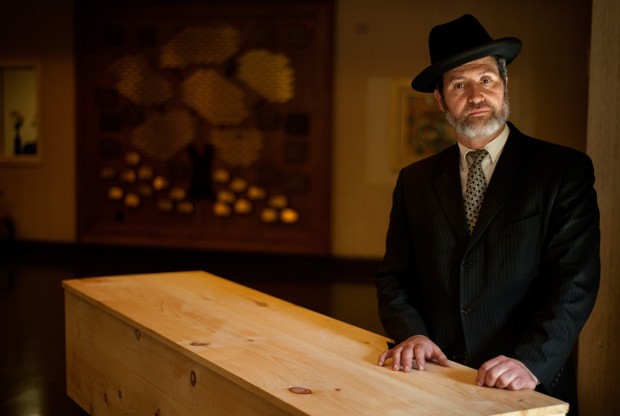
Jewish Funeral Traditions 15 Important Things You Need To Know

Cemetery Grave And Tombstone In Judaism Death Mourning
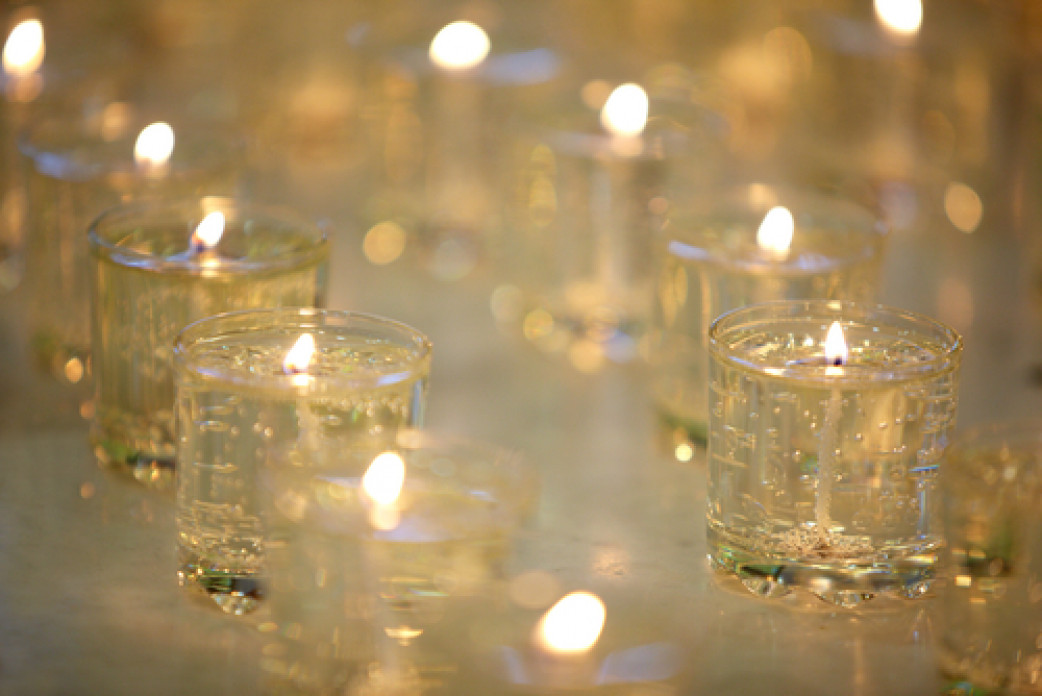
Jewish Funeral Traditions And Customs

Jewish Traditions For Death Burial And Mourning Rohatyn Jewish Heritage
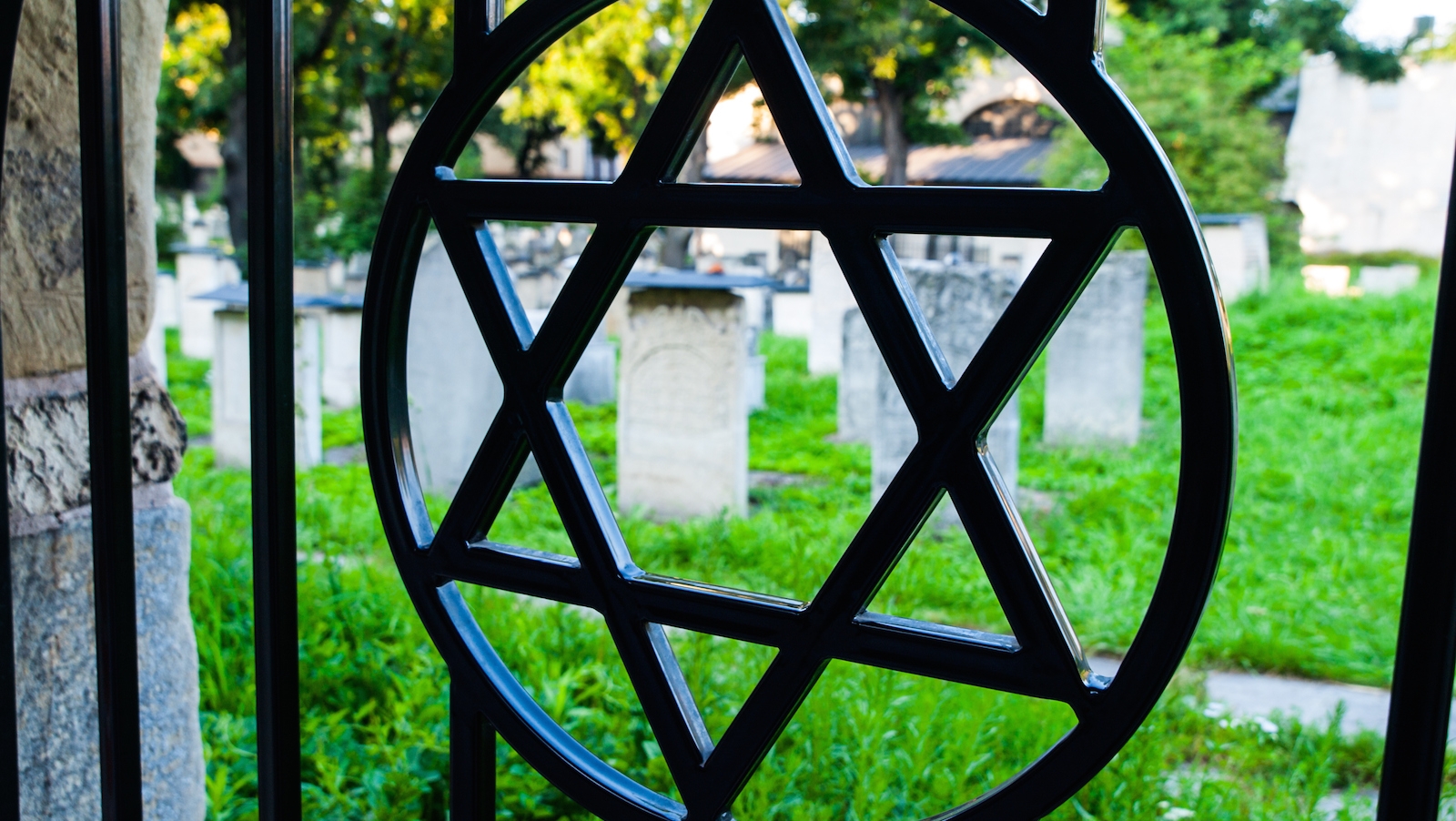
Timeline Of Jewish Mourning My Jewish Learning
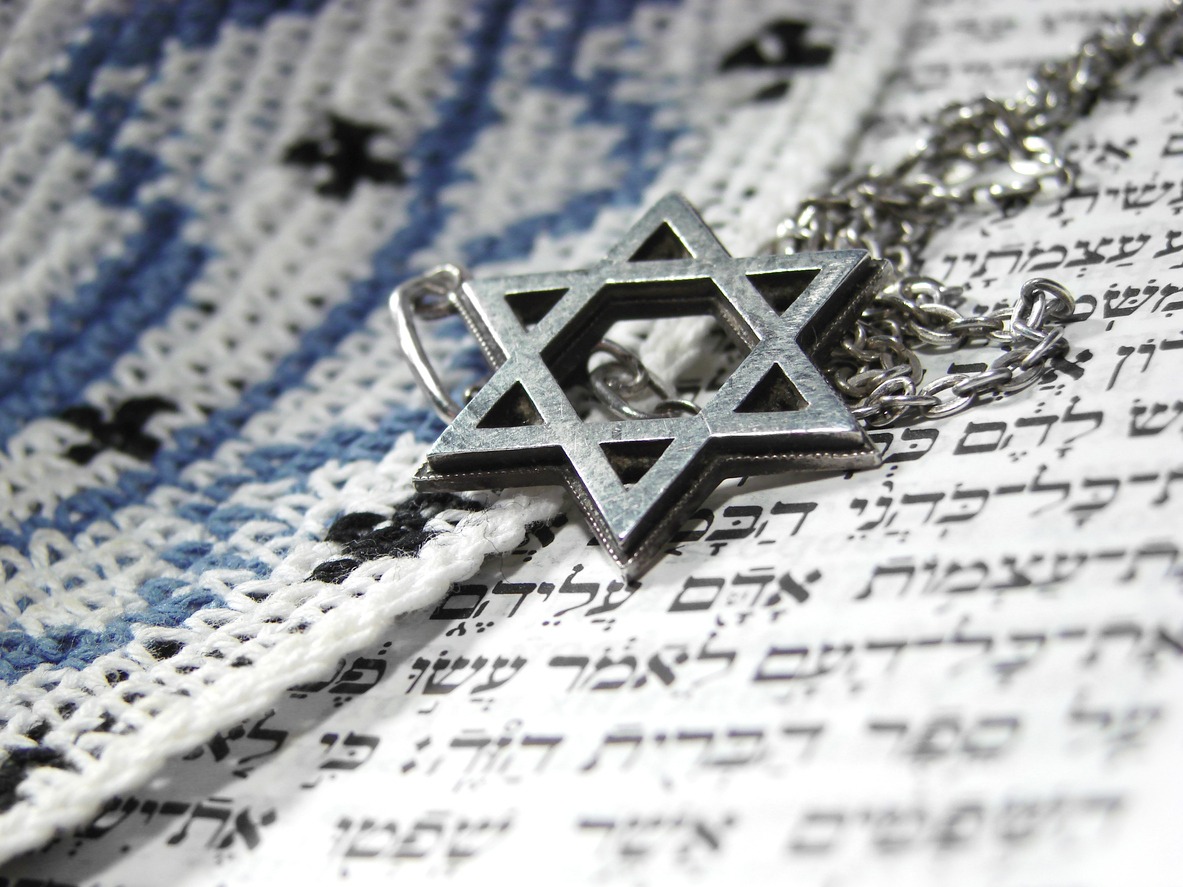
Jewish Funeral Service Rituals And Customs What You Need To Know

A Simple Guide To The Timeline Of Jewish Mourning
Jewish Funeral Traditions 15 Important Things You Need To Know

Progressive Jewish Death And What To Do When Someone Dies
Jewish Funeral Practices And Traditions Beyond The Dash
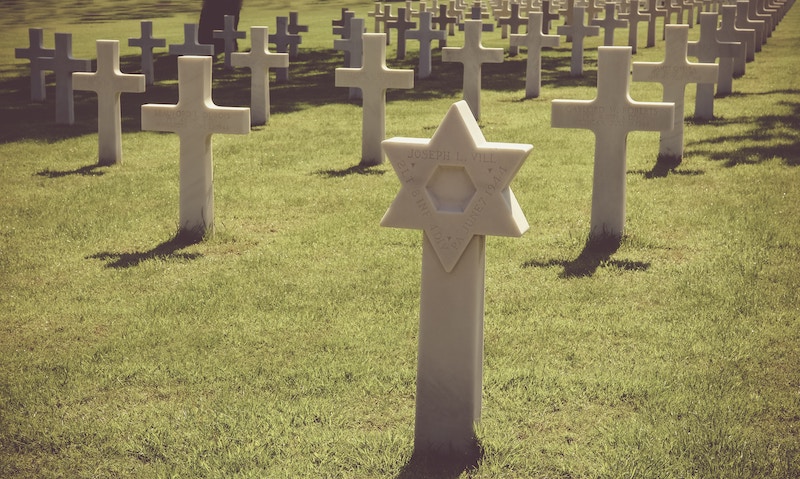
Headstone Unveiling In Jewish Mourning A Guide Cake Blog
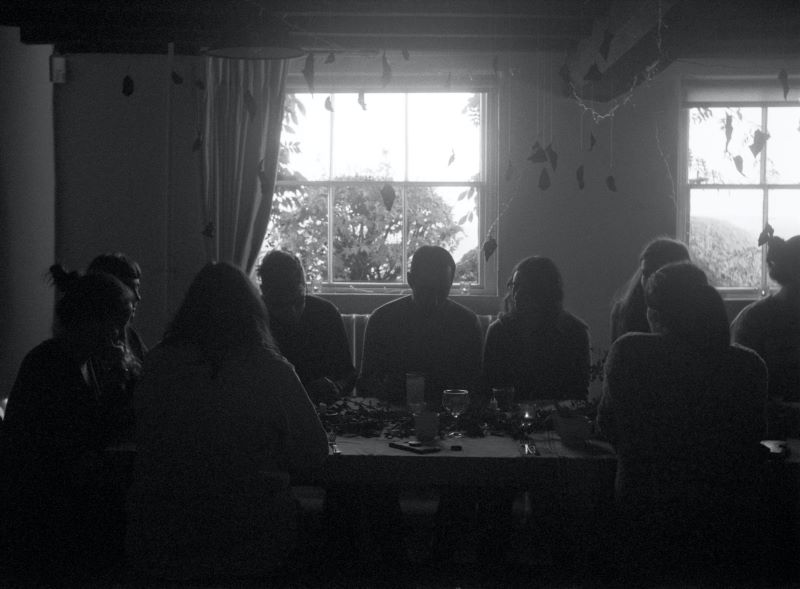
What S The Timing Of A Jewish Funeral Service And Traditions Cake Blog
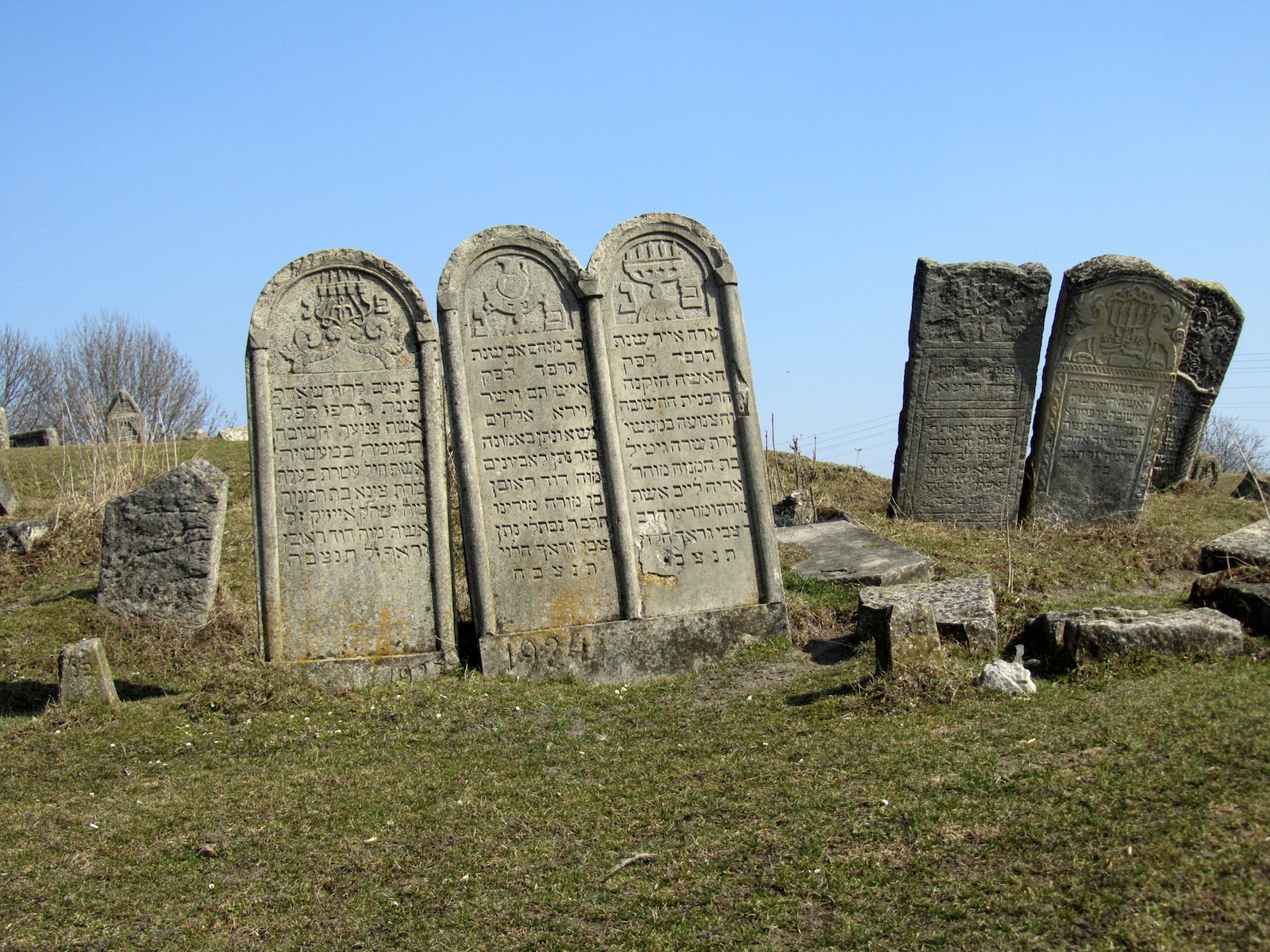
Jewish Traditions For Death Burial And Mourning Rohatyn Jewish Heritage

Timeline Of Jewish Mourning My Jewish Learning
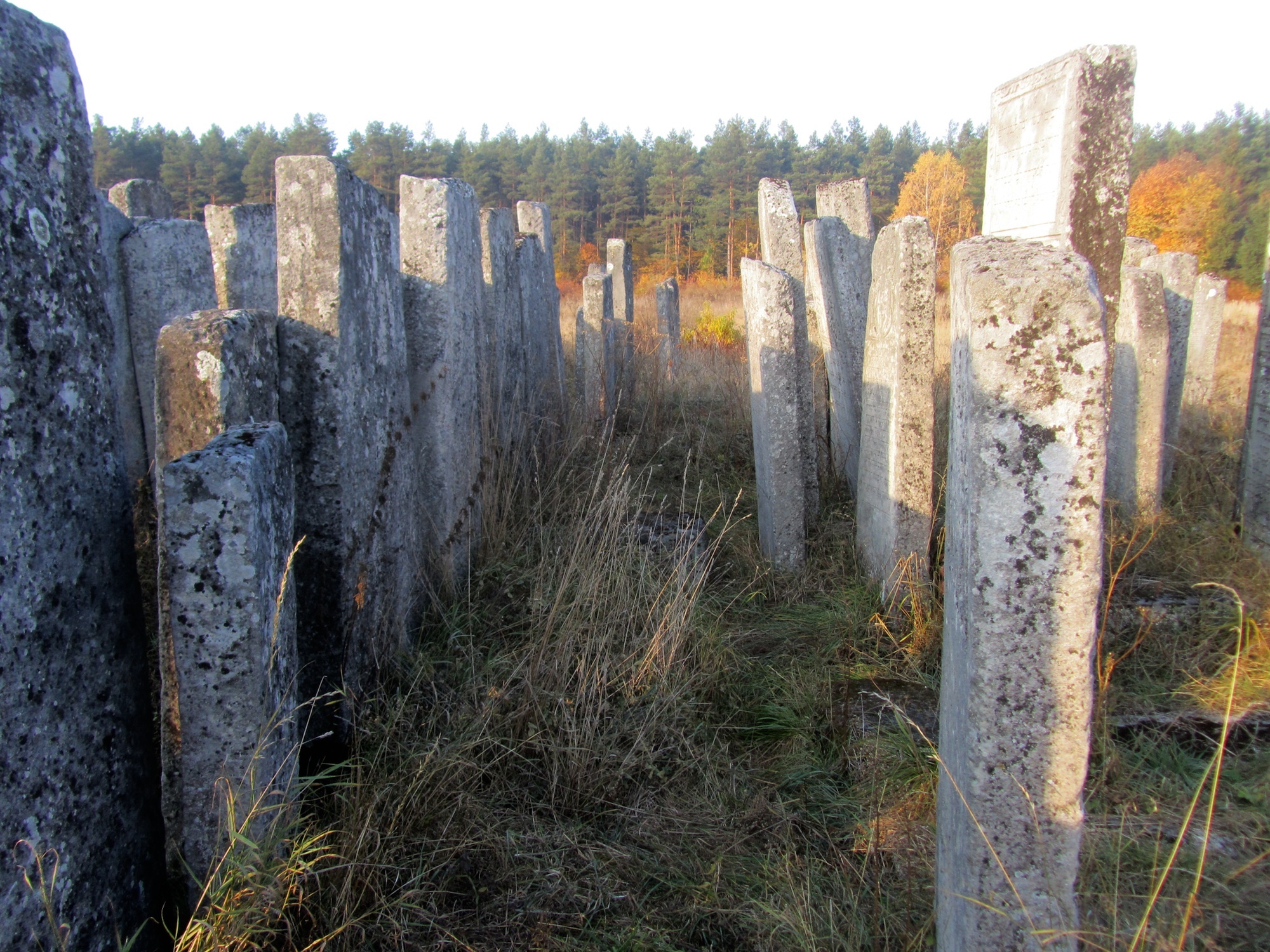
Jewish Traditions For Death Burial And Mourning Rohatyn Jewish Heritage
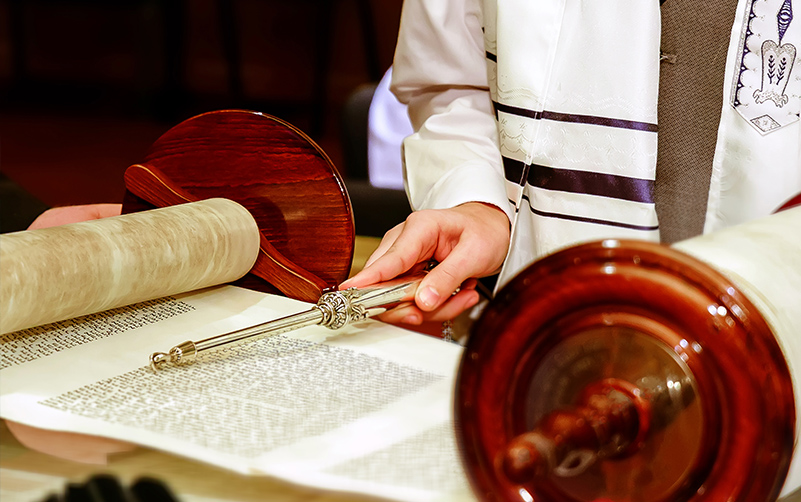
Jewish Funeral Customs Funeral Partners

Jewish Traditions For Death Burial And Mourning Rohatyn Jewish Heritage
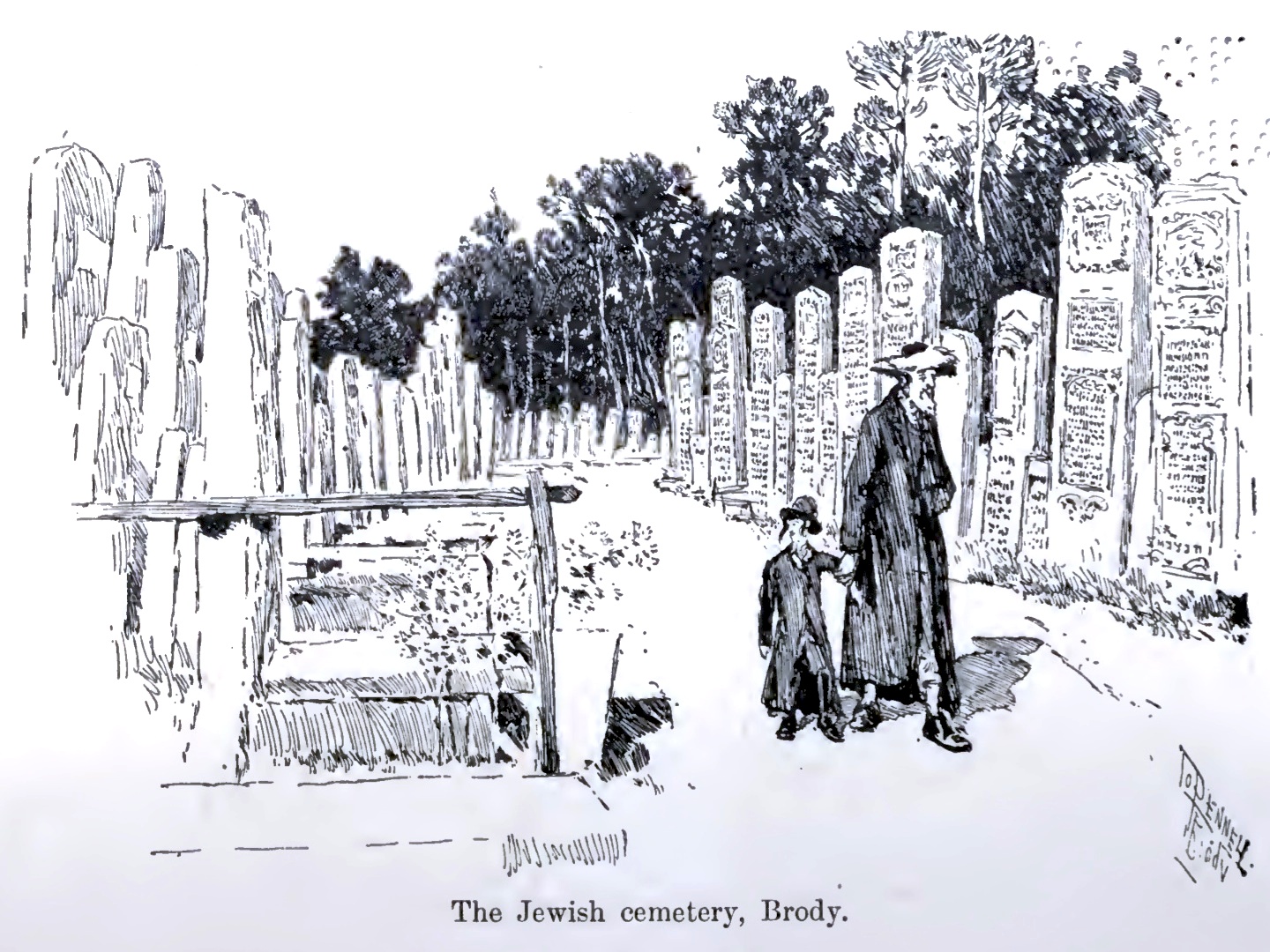
Jewish Traditions For Death Burial And Mourning Rohatyn Jewish Heritage

